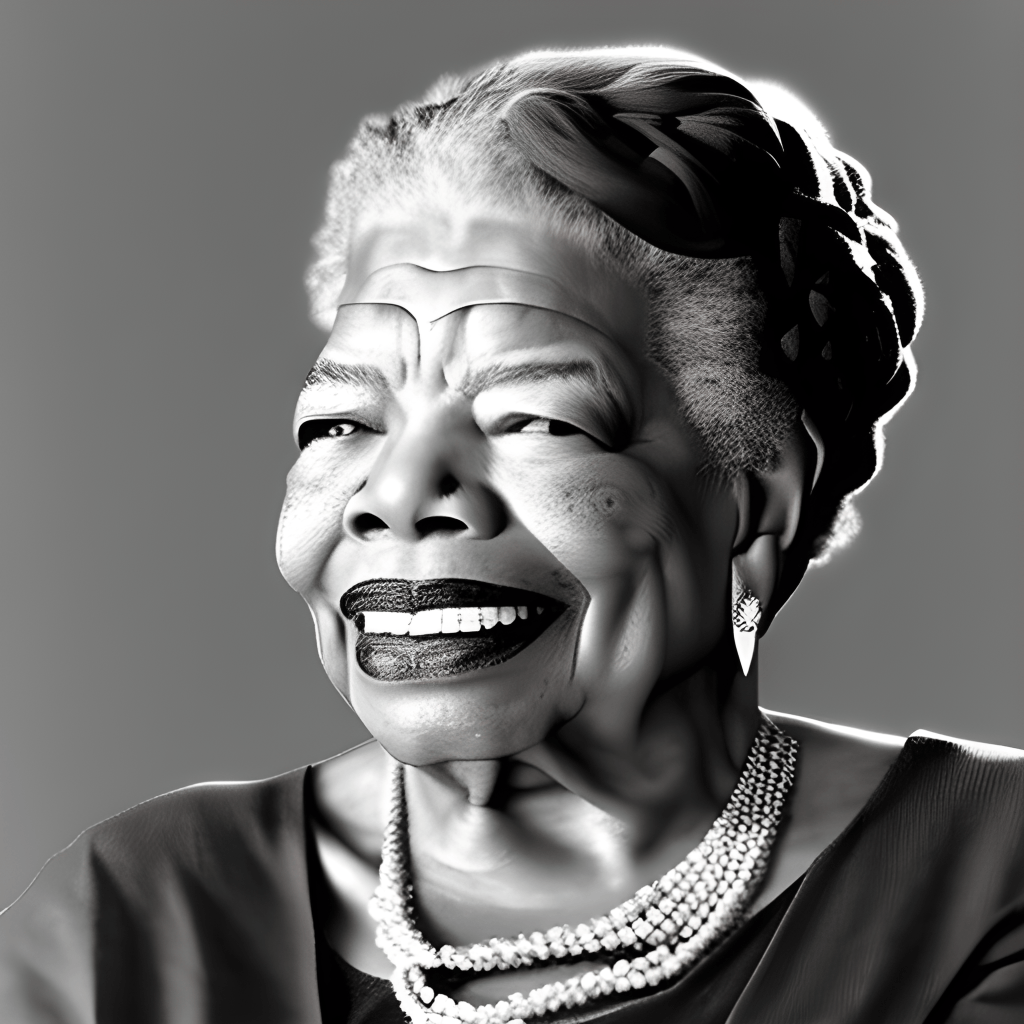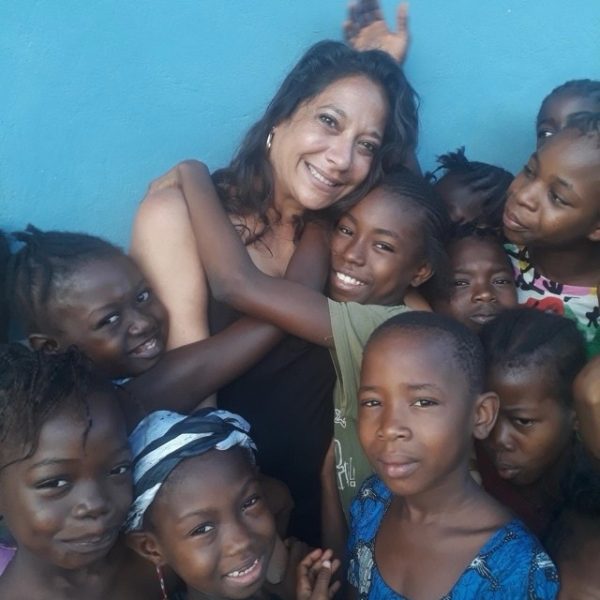Maya Angelou, an iconic figure in American literature and civil rights activism, embodied the essence of resilience, hope, and healing throughout her remarkable life. Born on April 4, 1928, in St. Louis, Missouri, her early experiences would shape her worldview and inspire her profound literary voice.
Early Life and Challenges
Angelou’s childhood was marked by significant challenges. At the age of three, following her parents’ separation, she and her brother were sent to live with their paternal grandmother in Stamps, Arkansas. There, she faced the harsh realities of racial discrimination in the segregated South. Following a traumatic incident, Angelou experienced a period of silence, believing that her voice had caused a tragedy. During these years, she retreated into silence, seeking solace in literature.
It was during this time that she discovered the power of words. Immersing herself in the works of classic authors such as Shakespeare, Edgar Allan Poe, and Langston Hughes, Angelou developed a deep love for literature. This passion would later fuel her rise as a renowned poet and writer.
Finding Her Voice
Angelou’s journey toward healing and reclaiming her voice began when she was introduced to Mrs. Bertha Flowers, an educator who encouraged her to express herself. Through Flowers’ support, Angelou gradually learned to articulate her thoughts and emotions, paving the way for her eventual return to society and public speaking. This transformative experience instilled in her a profound understanding of the power of words to heal and empower.
In 1969, Angelou published her groundbreaking autobiography, *I Know Why the Caged Bird Sings*, which detailed her early life and the challenges she faced. The book resonated with readers worldwide and became a seminal work in American literature, celebrating the strength of the human spirit while confronting issues of race, trauma, and identity.
A Voice for Change
Throughout her life, Angelou was not only a writer but also a fierce advocate for civil rights. She worked alongside leaders such as Martin Luther King Jr. and Malcolm X, using her voice to call for social justice and equality. Her involvement in the civil rights movement exemplified her belief in the interconnectedness of personal healing and societal change. Angelou understood that resilience was not just an individual journey but a collective one.
Her poetry, essays, and speeches continued to inspire generations. Works like “Still I Rise” and “Phenomenal Woman” celebrated the strength and beauty of women, encouraging them to embrace their identities and rise above adversity. Angelou’s words became a source of hope for many, reminding them that healing is possible, even in the face of profound challenges.
Legacy of Hope and Healing
Maya Angelou’s impact extends far beyond her literary contributions. She received numerous accolades, including the Presidential Medal of Freedom in 2010, and became a beloved cultural icon. Her legacy is one of resilience, emphasizing the importance of speaking out, healing from past wounds, and fostering hope in oneself and others.
In her later years, Angelou continued to inspire as a speaker and mentor. Her wisdom resonated through her many public appearances, where she often shared messages of love, hope, and the transformative power of education. She believed that through storytelling and shared experiences, individuals could find common ground and heal together.
Final Remarks
Maya Angelou’s life is a testament to the power of resilience, hope, and healing. From her challenging beginnings to her emergence as a literary and civil rights giant, she taught us that our voices matter and that we can rise above adversity. Her legacy reminds us that healing is an ongoing journey—one that requires courage, connection, and the unwavering belief in a better future. As we reflect on her life and work, we are encouraged to embrace our own stories and the stories of others, finding strength in our shared humanity.
For more biographies, click here.










